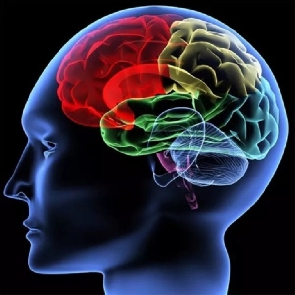Memory is an amazing aspect of human intelligence that helps us create our identities by retaining our information, experiences, and special occasions. Studying memory science reveals useful methods to support this important cognitive function in addition to revealing the complexities of memory.
The brain orchestrates a complicated interplay of numerous activities that make up our memory. Encoding, storing, and retrieval are its three main phases.
Encoding: In this first phase, sensory data is transformed into a format that the brain can store. Attention, interest, and the information's emotional relevance can all have an impact.
Storage: After being encoded, memories are kept in the hippocampus and cortex, among other parts of the brain. While long-term memories are dispersed across the cortex, short-term memories are momentarily stored in the hippocampus.
Retrieval: This last phase entails accessing previously stored data. Context and associations are examples of retrieval signals that help open up memories from the brain's enormous database.
Thankfully, the brain is flexible, and using specific techniques can improve memory retention and function:
Remain Active and Involved: Exercise improves memory and brain health in addition to physical health. Completing puzzles, picking up new abilities, or taking up hobbies are examples of mental stimulation that can support cognitive performance.
Get Enough Sleep: Sleep is essential for consolidating memories. The brain can efficiently process and store information when it gets enough sleep.
Use mnemonic devices: By establishing associations that promote memory, mnemonic devices—such as acronyms or visualization techniques—can help in memorization.
Keep Up a Healthy Lifestyle: Brain health is supported by a balanced diet high in antioxidants, omega-3 fatty acids, and other nutrients. Optimal cognitive function is also influenced by social relationship development and stress management.
Information Chunking: It is easier to encode and retrieve complex information when it is divided into smaller, more manageable pieces.
Make Use of Practice and Repetition: Information that is exposed to repeatedly fortifies brain pathways, which makes retrieval easier.
Memory lapses can vary in severity from simple forgetfulness to more serious disorders like dementia. Memory can be impacted by age-related changes, stress, and medical disorders.
It is important to differentiate between normal age-related memory alterations and worrying cognitive loss, though. It is necessary to seek medical assistance if there is persistent memory loss, trouble doing familiar chores, or bewilderment.
As medical professionals, we support early intervention to protect and improve cognitive function. Through knowledge of memory systems and the adoption of good living habits, people can take proactive measures to enhance their cognitive well-being.
The human brain's extraordinary plasticity is shown by memory research. Adopting techniques that maximize memory function enhances our daily experiences and helps preserve the priceless mosaic of life events that mold us into the people we are today.
Health News of Friday, 24 November 2023
Source: Simon Badu, Contributor
Memory: Understanding how it works and strategies for enhancement
Entertainment












